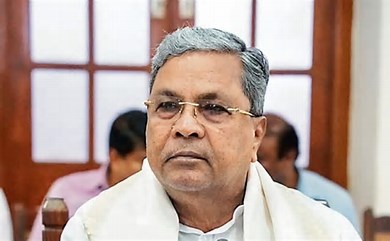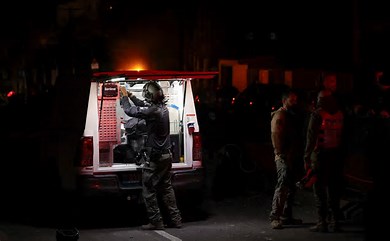
According to US Secretary of State Antony Blinken, Iran is not destined to develop nuclear weapons, hence offering President-elect Donald Trump an opportunity for negotiations. Speaking at the Council on Foreign Relations in New York, Blinken mentioned that Iran‘s military losses in the area may lead the country to reconsider its nuclear ambitions amid Israel’s airstrikes on the Iranian air defense and with the weakening of its other allies in the region Hezbollah in Lebanon and Bashar al-Assad in Syria.
Iran, in turn, claims it never seeks nuclear weapons and uses its nuclear program only for peaceful purposes. But Blinkin reminded Tehran that it very well knows what would be the implications in case of having such weapons in its power. There can be some constructive dialogue on this particular issue.
Reflecting on Trump’s first term, Blinken remembered the 2018 withdrawal from the 2015 nuclear deal negotiated in Obama‘s administration. Sanctioning Iran was then attributed to Trump‘s alleged hope for a “better, stronger deal.” Blinken added that no US government in history would let the situation reach a point whereby Iran could have nuclear weapons in any form.
Blinken rejected calls for US-led regime change in Iran, pointing to failed attempts elsewhere in the past two decades. He acknowledged domestic opposition to Iran’s current clerical leadership but noted a divided populace, with significant conservative support in rural areas still aligned with the regime.
Against this backdrop, the Biden administration has faced challenges to reinitiate indirect talks with Iran on reviving the nuclear deal. Effort ended in tatters amid disagreement over sanctions relief as well as greater US pressure after Tehran provided political support for Hamas in the wake of the October 2023 assault on Israel.
Blinken‘s comments highlight that solving the tensions with Iran calls for a nuanced, multifaceted approach in which military and diplomatic ways remain at the forefront.















